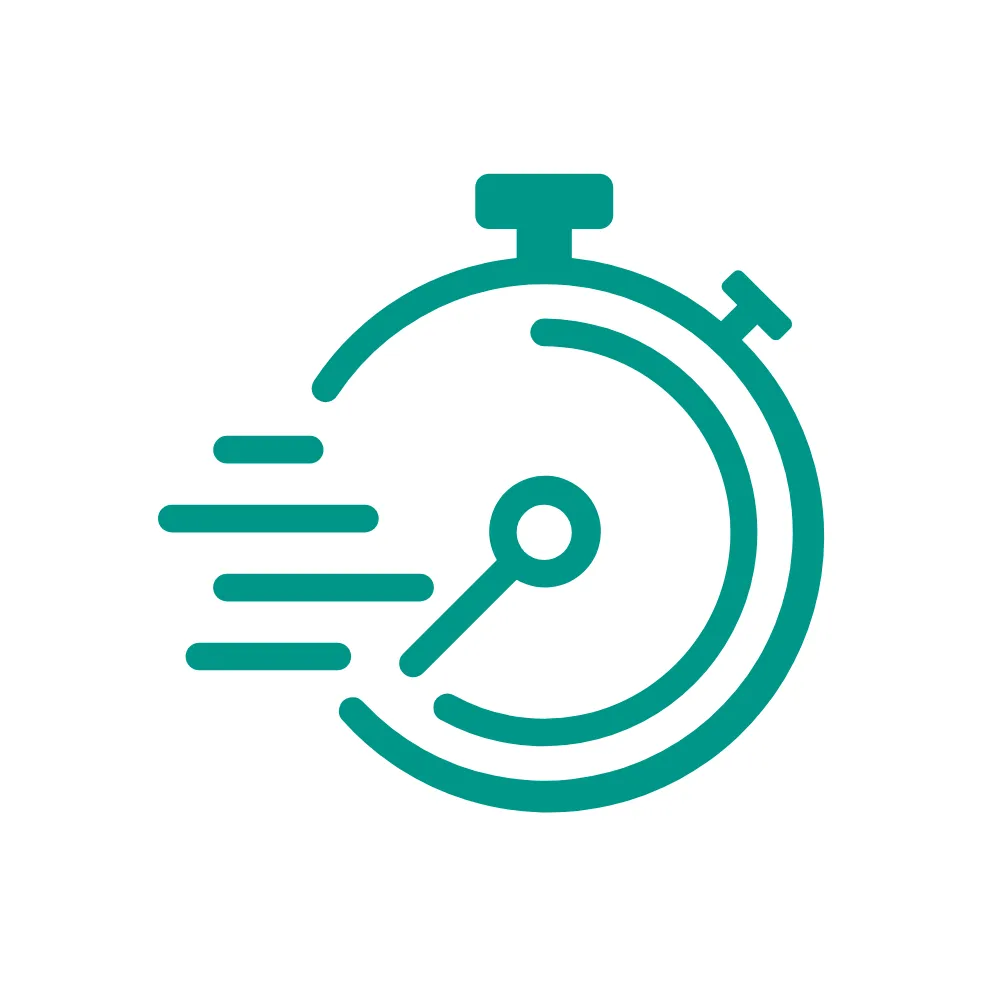Tests For Slow healing wounds in Pune
A list of lab tests and other self-help tools for Slow healing wounds in Pune
What is Slow healing wounds
Wounds that take an extended amount of time to heal.
List of Lab Tests For Slow healing wounds
- Platelet Count
- Glucose
- Iron
- Vitamin B12 + Folic Acid
- Vitamin C
- Magnesium Test
- Calcium
- Urea Nitrogen
- ACR Test
- Ferritin Test
How will these tests help?
The group of tests that you have been asked to take can help the doctor understand why you have had slow healing wounds. Slow healing wounds can be caused by a variety of underlying issues, and the tests can help determine what may be causing the wounds to heal more slowly
The first group of tests includes tests that will help the doctor measure your bodys ability to form blood clots. These tests include the Complete Blood Count (CBC), Prothrombin Time (PT), Activated Partial Thromboplastin Time (APTT), Fibrinogen, Platelet Count, and C-Reactive Protein (CRP)
These tests will help the doctor determine if any underlying blood clotting issues may be causing your slow healing wounds. The second group of tests will help the doctor determine if any underlying nutritional deficiencies may be causing your slow healing wounds
These tests include Glucose, Iron, Vitamin B12, Vitamin C, Magnesium, Calcium, Urea Nitrogen, Creatinine, Ferritin, Thyroid Stimulating Hormone (TSH), Antinuclear Antibody (ANA), Rheumatoid Factor (RF), Cholesterol, and Lipoprotein (a). These tests will help the doctor determine if any nutrient deficiencies may be causing your slow healing wounds.
Book Tests for Slow healing wounds in Pune
Pathofast offers Tests for Slow healing wounds at our center in Manisha Terrace, Moledina Road, Pune, Camp, India
Our lab in Pune, is known for its exceptional hygiene, polite staff and quick reports
Our Pune Center, is located close to the railway station and the Swargate Central Bus Depot, as well as the new Metro Lines
Please choose an option below to proceed with your booking:
Self Test for Slow healing wounds
Answer the following 3 questions to know whether you should get yourself investigated further

Result :
List of symptoms associated with Slow healing wounds
-
 Increased pain
Increased pain
Slow healing wounds can be accompanied by a gradual increase in pain. This may not be severe, but you may notice that the area around the wound has become increasingly tender and sensitive to the touch.
-
 Swelling
Swelling
You may also have noticed some swelling around the wound, which could be a sign that the healing process is not progressing as it should.
-
 Changes in color
Changes in color
If the wound is not healing properly, you may have also noticed that the color of the wound has changed. This could be a sign of infection or other complications.
